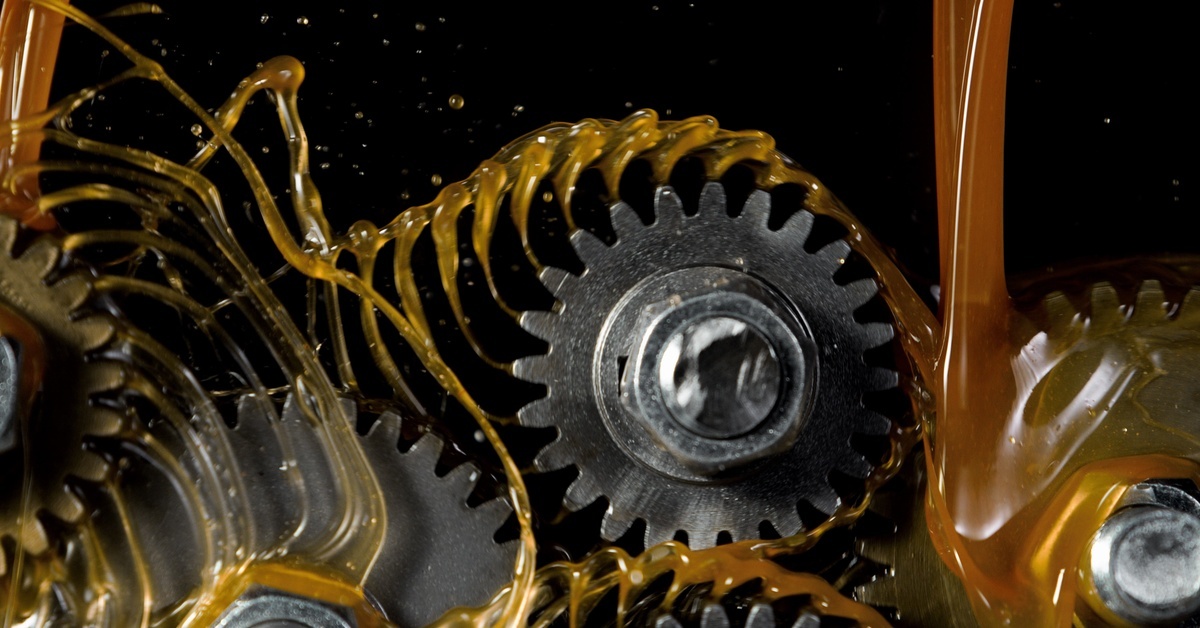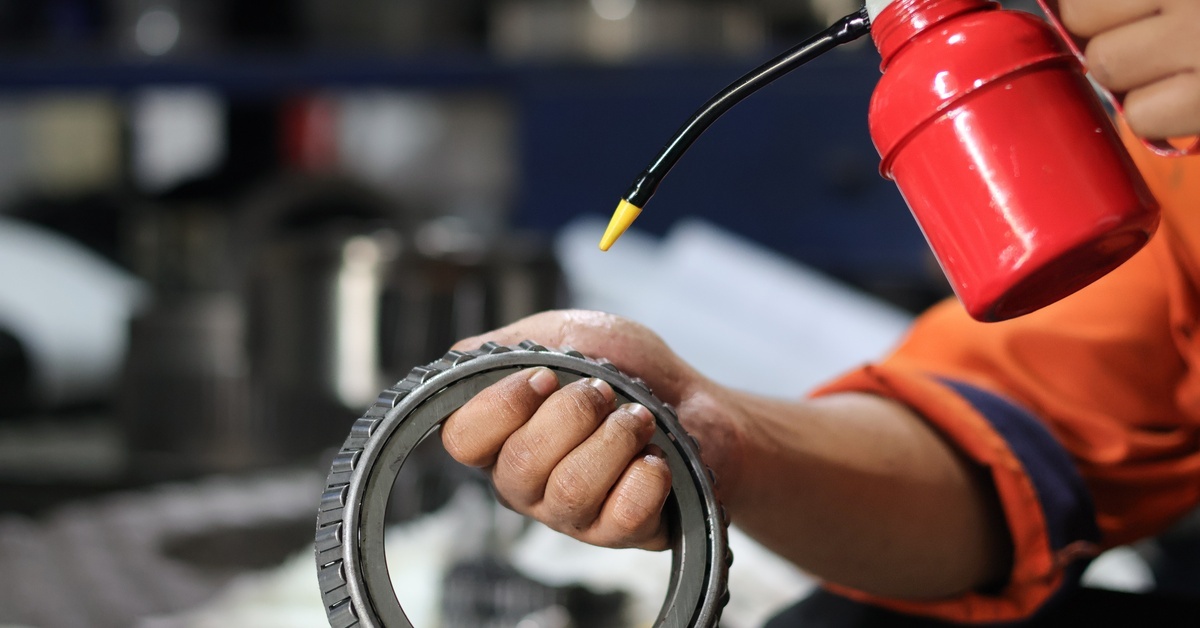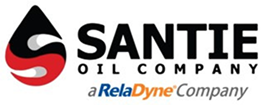Equipment failure costs manufacturers billions annually, with downtime, repairs, and lost productivity often tracing back to one critical factor: proper lubrication. More than ever, industrial lubricants matter in 2025, supporting reliable operations across industries like manufacturing, transportation, and heavy-duty applications.
As manufacturers face more challenging demands, which include running longer, working harder, and enduring greater thermal stress, traditional lubricants are no longer enough. Advanced lubricant formulations are now engineered to meet these challenges head-on, providing the superior protection today’s equipment needs to perform at its best.
Protecting Equipment Under Extreme Operating Conditions
Manufacturing equipment faces daily punishing loads. Bearings, gears, and hydraulic systems endure pressures that test material limits. Metal surfaces contact directly without enough lubrication, generating heat and accelerating wear. Synthetic lubricants maintain their protective properties across wide temperature ranges, resisting breakdown under thermal stress and forming consistent barriers between moving parts.
This chemistry is vital during continuous operation. Heavy machinery in construction and agriculture faces environmental extremes. Dust, moisture, and temperature fluctuations challenge lubricants. Modern formulations include additives that repel contaminants and maintain viscosity, leading to longer equipment life and fewer failures.

Minimizing Friction to Reduce Energy Consumption
Friction converts mechanical energy into wasted heat. Motors use more power to compensate, increasing operational costs for facilities. Manufacturers report energy savings when switching from conventional to low-friction synthetic lubricants.
The molecular engineering of synthetic base stocks contributes to efficiency gains. These molecules flow more readily while maintaining the film strength necessary for component protection. Reduced internal resistance means pumps move hydraulic fluid with less effort, and motors turn shafts more easily.
Industrial compressors particularly benefit from friction reduction. These systems consume substantial electricity during operation. When synthetic compressor oils minimize internal drag, facilities observe measurable decreases in power consumption alongside temperature reductions of 15-25°F in compressor housings.
Extending Maintenance Intervals Through Thermal Stability
Why industrial lubricants matter becomes clear when examining maintenance schedules. Conventional petroleum-based products oxidize at elevated temperatures, forming deposits that restrict flow and accelerate component wear. This degradation necessitates frequent oil changes that interrupt production.
Synthetic formulations resist oxidation due to their inherent molecular stability. Unlike conventional oils, synthetics preserve their chemical structure even at temperatures above 400°F. This durability enables facilities to significantly extend drain intervals, often doubling or tripling the traditional maintenance periods.
Oil analysis programs help operations maximize these extended intervals safely. Regular testing monitors viscosity, contamination, and additive depletion. Data-driven decisions prevent premature changes while catching potential problems before they cause damage. Facilities reduce both lubricant consumption and disposal requirements.
Meeting Specialized Application Requirements
Different industries face unique lubrication challenges. Food processing requires NSH1-certified products that won't contaminate products during incidental contact. These formulations deliver complete protection while meeting strict safety standards for human consumption environments.
Aerospace operations demand lubricants that perform across altitude and temperature extremes. Military specifications outline rigorous requirements that these products must satisfy. Aviation turbine oils protect engines worth millions while withstanding conditions that would destroy conventional lubricants.
Manufacturing in controlled environments needs lubricants that won't generate particulates or vapors. Clean-room operations prohibit conventional oils that could compromise sensitive electronics or precision optical components. Specialized synthetics meet these demands while providing excellent anti-wear protection.
Selecting Appropriate Viscosity Grades
Equipment manufacturers recommend lubricants based on thorough testing to match operating conditions. Using unapproved products risks inadequate protection, excessive drag, and voided warranties. ISO viscosity grades standardize thickness at specific temperatures, and deviating from recommendations can reduce protection or increase friction. Higher viscosity isn’t always better, as it may restrict flow and raise power use.
Temperature conditions significantly influence viscosity selection. Equipment operating in extreme cold requires lower-viscosity lubricants that flow readily during startup. Conversely, high-temperature applications necessitate higher grades that maintain film strength as heat reduces thickness. Multi-grade formulations are engineered to address varying conditions within single applications.
Understanding Additive Package Functions
Base oils are insufficient alone for modern equipment. Additive packages tailor lubricants to combat wear, oxidation, foam, and contamination. These blends differentiate targeted products from standard ones. Anti-wear additives form sacrificial layers on metal surfaces under high pressure, with zinc, phosphorus, and sulfur compounds activating at high temperatures to prevent metal contact even with thin film.
This protection is crucial during startups and shock loads. Rust and corrosion inhibitors protect equipment during storage and humid conditions. Detergents suspend contaminants, preventing deposits on key surfaces. Foam suppressants help maintain hydraulic system performance. Each additive has specific roles that generic "universal" products cannot match effectively.
Maintaining Operational Reliability
Equipment operates most profitably when it runs continuously. Unplanned downtime increases costs for manufacturers, often more than scheduled maintenance. Choosing and applying the proper lubricant directly affects reliability by preventing component failures that cause production stoppages.
Bearing failures often cause equipment breakdowns, mainly due to inadequate lubrication. Synthetic bearing oils maintain film thickness, dissipate heat, and prevent metal contact, extending bearing life. Hydraulic systems rely on clean, properly viscous fluids; contamination damages parts. High-quality hydraulic fluids contain additives to resist contamination, sustain performance across temperatures, improve system response, and prolong component life, lowering costs and downtime.

The Economics of Premium Lubrication
Initial lubricant costs are a small part of overall equipment ownership expenses. Expenses like replacement, repairs, energy use, and downtime are much larger than the cost of lubricants. Despite this, many operations try to cut lubricant costs instead of focusing on maximizing equipment value. Premium synthetic lubricants cost more per gallon than conventional oils, but their longer drain intervals, energy savings, and better equipment protection lead to lower total costs.
Facilities that accurately account for operational expenses prefer synthetics over cheaper options. Reducing waste disposal costs by changing oil less often decreases used oil volume, simplifying handling and disposal. Environmental regulations also make proper waste oil management more expensive, so extended drain intervals help reduce disposal and related costs.
Supporting Long-Term Equipment Investment
Modern industrial equipment is a capital investment, and maximizing return depends on operating machinery throughout its lifespan. Proper lubrication is crucial to reaching potential lifespan, as manufacturers design components with specific tolerances expecting proper lubrication. Using incorrect or degraded lubricants causes wear beyond tolerances, leading to failures that threaten entire systems.
Industrial lubricant distributors like Santie Midwest provide access to specialized products that protect equipment investments. Their technical expertise helps operations match lubricants to applications, supporting maintenance programs that maximize equipment value. Contact their team to evaluate your lubrication program and identify opportunities for improvement.

